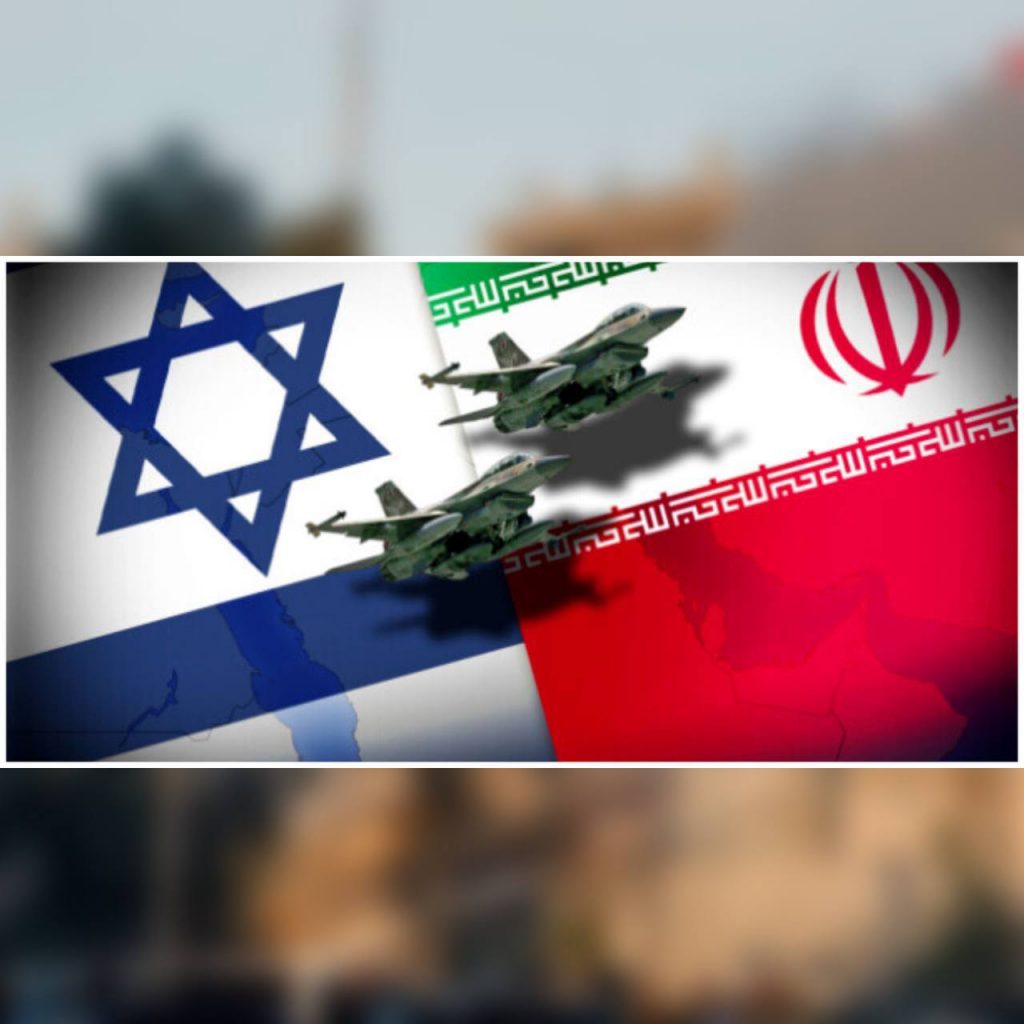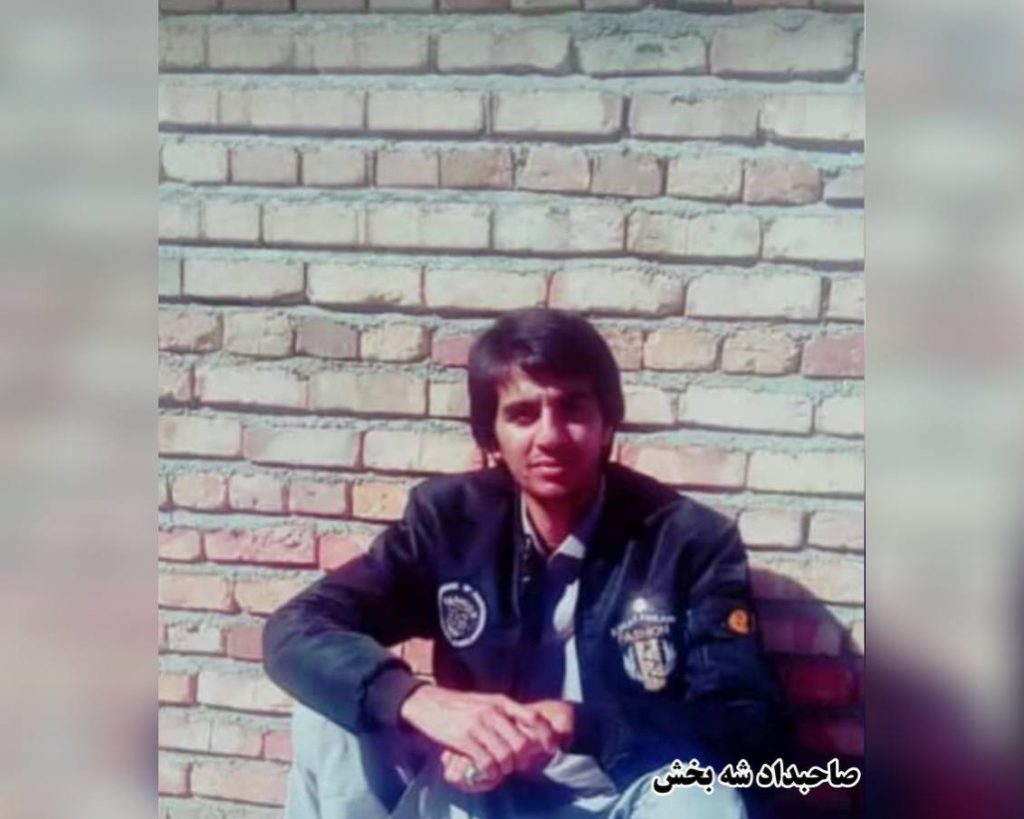
The threat of an erupting destructive war in the Middle East is looming. Regardless of the willingness of the conflicting parties and major powers to engage in such a war, numerous signs indicate that the threats from the Islamic Republic and Israel’s verbal retaliation must be taken seriously. The Israeli side has reached a deadlock in the Gaza war. After six months and the massacre of over 33,000 Palestinians, the Israeli government has failed to achieve its stated objectives. Meanwhile, this government is under pressure from public opinion worldwide and even from some of its allied governments, including factions within the United States government. Under such circumstances, accepting a ceasefire by the Israeli Prime Minister and his cabinet would essentially mean admitting defeat. This move would significantly strengthen the desire of a considerable portion of the Israeli population to sideline the cabinet and hold general elections. Additionally, Netanyahu could face imprisonment due to corruption charges. In such circumstances, the Benjamin Netanyahu government in Israel is unlikely to be willing to expand the scope of the war and put the US government against the actions taken. Therefore, day by day, it intensifies its provocations against the Islamic Republic.
On the other hand, on April 10, during the Friday prayer sermons on Eid al-Fitr, Khamenei once again threatened Israel with retaliation for the attack by its army on the consulate of the regime in Syria. Commander Salami of the Revolutionary Guards also made such a threat on the same day. This comes within the first ten days after Israel’s attack on the consulate of the Islamic Republic in Damascus. Last week, the regime’s propaganda machinery and Friday prayer speakers everywhere were talking about Israel’s conspiracy to drag the Islamic Republic and America into war, praising their regime’s restraint and wisdom in such circumstances. Khamenei’s remarks on Eid al-Fitr contradicted the direction of propaganda of the past ten days, casting doubt on all the propaganda of the preceding days.
In response to Ali Khamenei’s statements, the Israeli Foreign Minister wrote in his social media account in Persian, “In the event of an attack by Iran on Israel from its soil, Israel will respond and strike in Iran.” The reaction of a minister to the remarks of the highest authority in Iran is considered a blatant insult in the norms of bourgeois states.
The expansion of war at the regional level is perceived by right-wing extremist and criminal elements gathered in the Israeli cabinet as a solution to overcome their current deadlock. Accepting any ceasefire by the Israeli Prime Minister and his cabinet would signify their defeat in the Gaza war. Furthermore, a significant portion of the Israeli people are demanding Netanyahu’s resignation and general elections. Moreover, after Netanyahu’s ousting, he is likely to face imprisonment due to his legal case. Therefore, the Israeli Prime Minister is intensifying the military atmosphere in the region and using threats from the Islamic Republic to serve his own survival in power.
The Islamic Republic, committed to avenging Israel, seeks relatively flashy and high-profile operations such as missile attacks on Ain al-Asad base, following the killing of Qasem Soleimani. If such an attack occurs from within Iran, it should be expected that Israel will directly retaliate against Iranian soil.
It is evident that adventurous warmongering from both sides could lead to a destructive war between these two governments. Whether this war is limited or unlimited, its smoke will affect the people of Iran and Israel, and its human and material casualties will be catastrophic.
The remarks of Khamenei yesterday, whether they signify a prelude to an operation by the Islamic Republic against Israel or not, have sparked widespread concerns about the outbreak of war between the two states among the people. Keeping the specter of war hanging over the people of Iran aims to weaken political and economic movements within the country and save the regime from the seemingly insurmountable crises it faces.
Conducting anti-war actions both domestically and internationally could exert pressure on the Islamic Republic. Instead of relying on revenge for the consulate incident, it could withdraw its forces from Syrian soil and put an end to the costly presence of IRGC forces, which are easy targets for the Israeli government.

